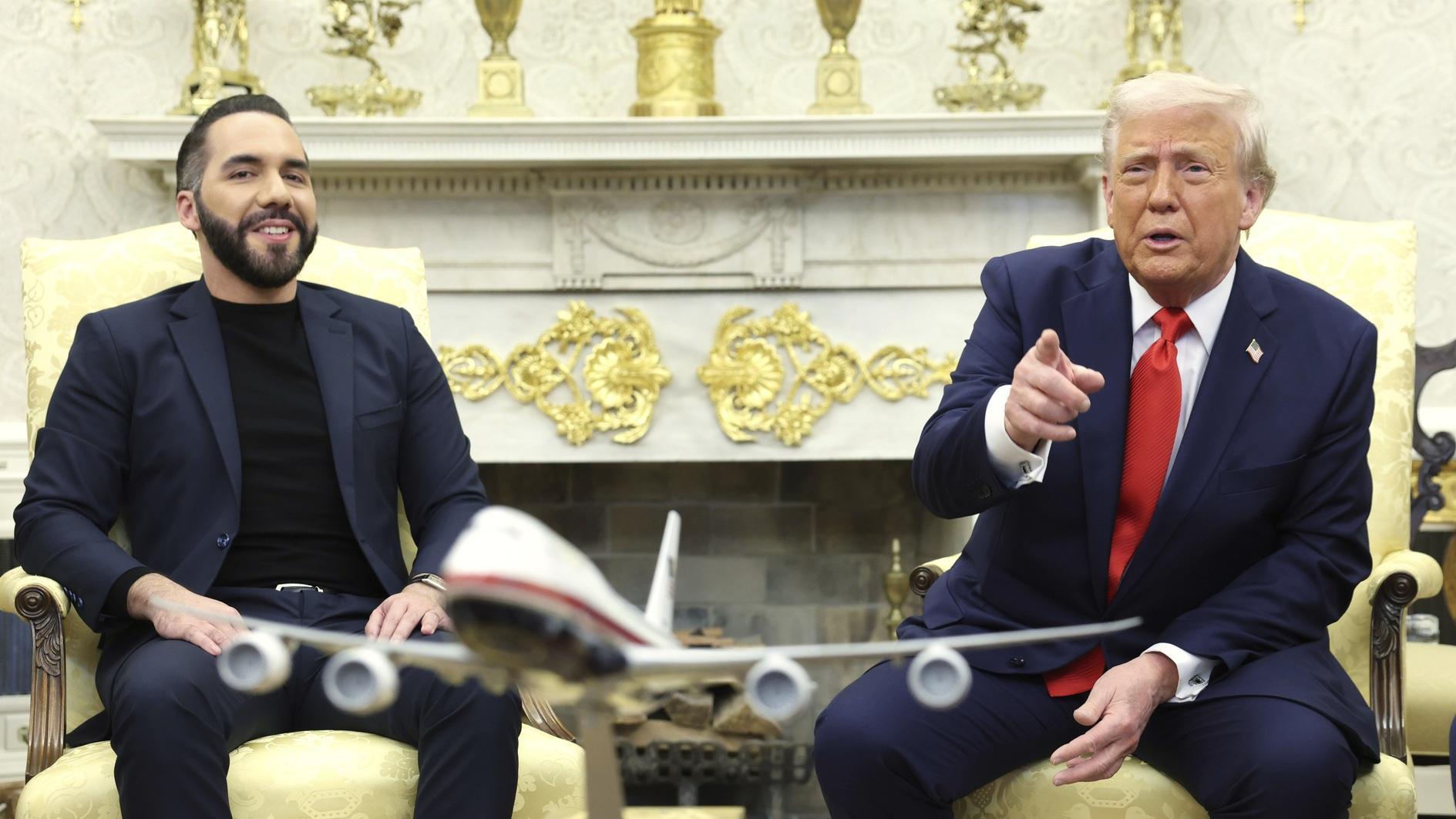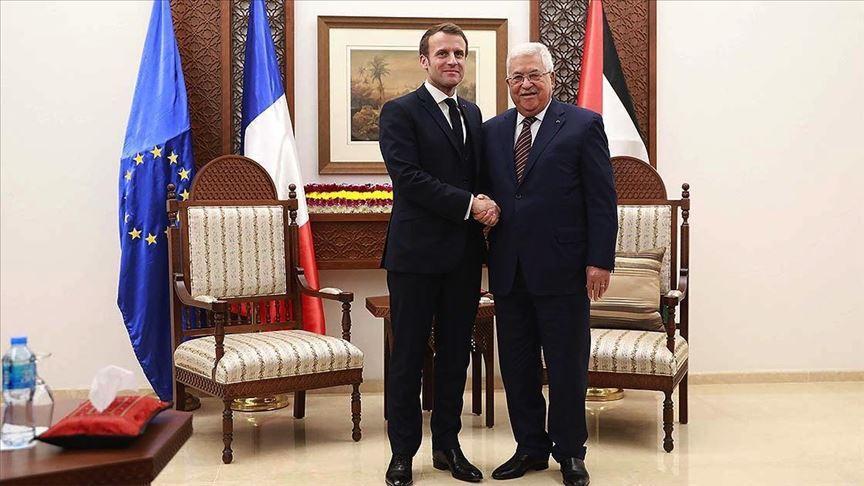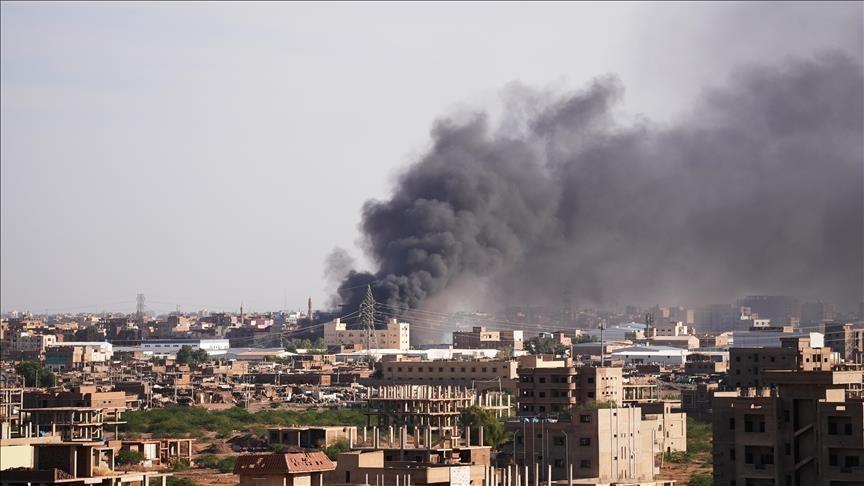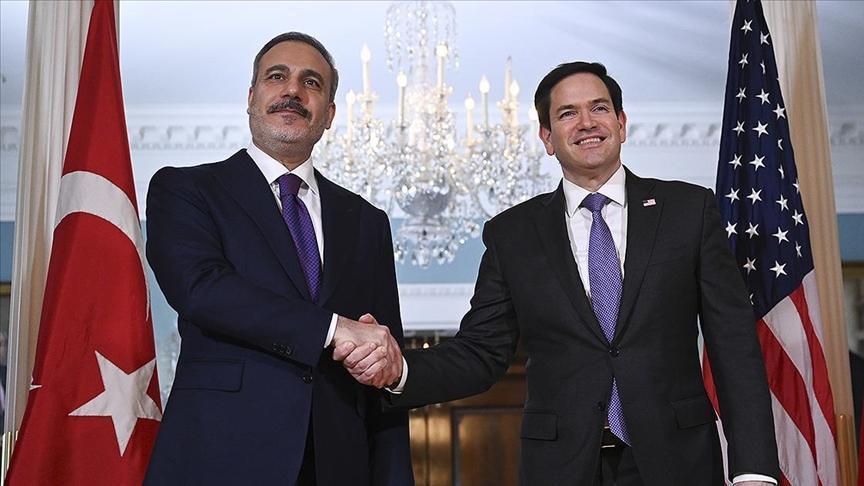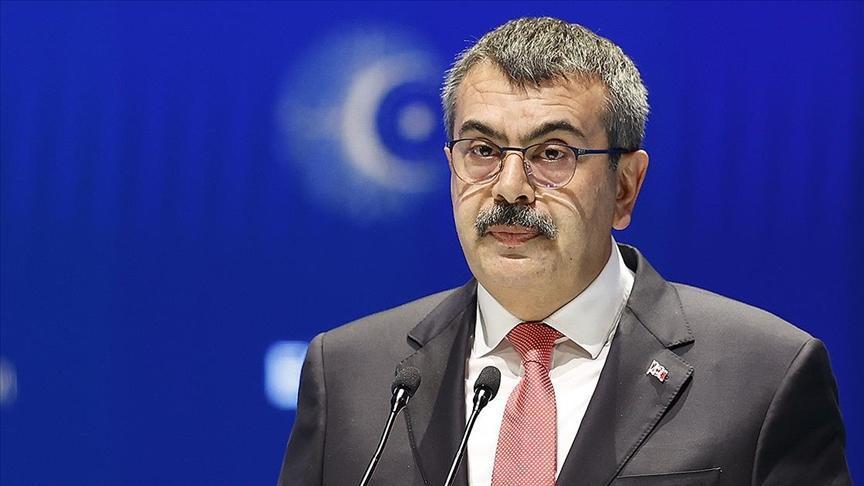Zero problems policy with Azerbaijan
In contrast to the Turkish and foreign opponents of the Justice and Development Party (AKP), I believe Turkey is a regional power with the potential to assume global roles. What makes me different from AKP officials is the fact that while they use very ambitious rhetoric based on the conviction that Turkey has already become a global player capable of influencing the course of world events, I use more realistic and thus more modest rhetoric.
Unfortunately, I have begun to believe that Turkey’s potential to play a global role is weakening each day. The biggest indicator of this for me is the decreasing diversity of the issues dominating the Turkish agenda.
Just a few years ago, Turkish Foreign Minister Ahmet Davutoğlu declared the region of Turkey’s foreign policy activity to be the whole globe. He said Turkey would be one of the wise countries that would shape the new world order, and Turkish diplomats would be working like firefighters and city planners in all four corners of the globe. Indeed there was a time when Turkey was mediating between Serbs and Bosnians, intervening to solve the government crisis in Lebanon, and trying to bring the Syrians and Israelis to the table. Some African countries were asking Turkey to be their spokesperson at the G20. I even recall some remote African country asking for Turkish mediation in a border dispute.
For the past six months, however, the entire Turkish agenda has been highjacked by the Syrian crisis as well as the Kurdish problem, which has been exacerbated by the rise in violence. These two issues are consuming so much of our energy that let alone devoting time to “city planning” in the far-away corners of the world we are struggling to extinguish fires at home and on our borders.
With the exception of Myanmar, we have not paid much attention to other important world issues. Energy policy, and the related Turkey- Azerbaijan relationship, is among the areas that seems to me not to have attracted the attention it deserves, despite the fact that important developments have taken place.
The deal signed between Ankara and Baku last June in İzmir to build the $7 billion Trans-Anatolian natural gas pipeline (TANAP) to carry Azeri gas to European markets has proved to be a major turning point.
Ironically the biggest loser in Turkey’s “zero problems with neighbors” policy, which had peaked by the end of the 2000s, was Azerbaijan, which felt betrayed by Turkey’s reconciliation efforts with Armenia. Relations at the bilateral level soured, while Baku proved unwilling to solve problems with bilateral energy issues. After Turkey made a U-turn in its reconciliation policy with Armenia, relations warmed up again. Finally, with the June agreements, the two seem to be on the same page as far as energy issues are concerned. In addition, Azerbaijan’s investments in Turkey are rising fast, making Baku a potential candidate to become the number-one foreign investor in Turkey in the short term.
Relations with Baku are now so valuable to Turkey that the government remained silent when Baku shamelessly pardoned and even promoted an Azerbaijani soldier who had murdered an Armenian in Hungary, which returned him to Baku.
Azerbaijan, on the other hand, remains adamant about turning down Turkey’s request to abolish visa requirements. Even the famous charisma of Prime Minister Recep Tayyip Erdoğan, who will be in Azerbaijan this week, might not work with İlham Aliyev, who has never been particularly fond of the Turkish prime minister.
Still, those who want to be fair to Davutoğlu could always argue that at least relations with Baku are back on track.



